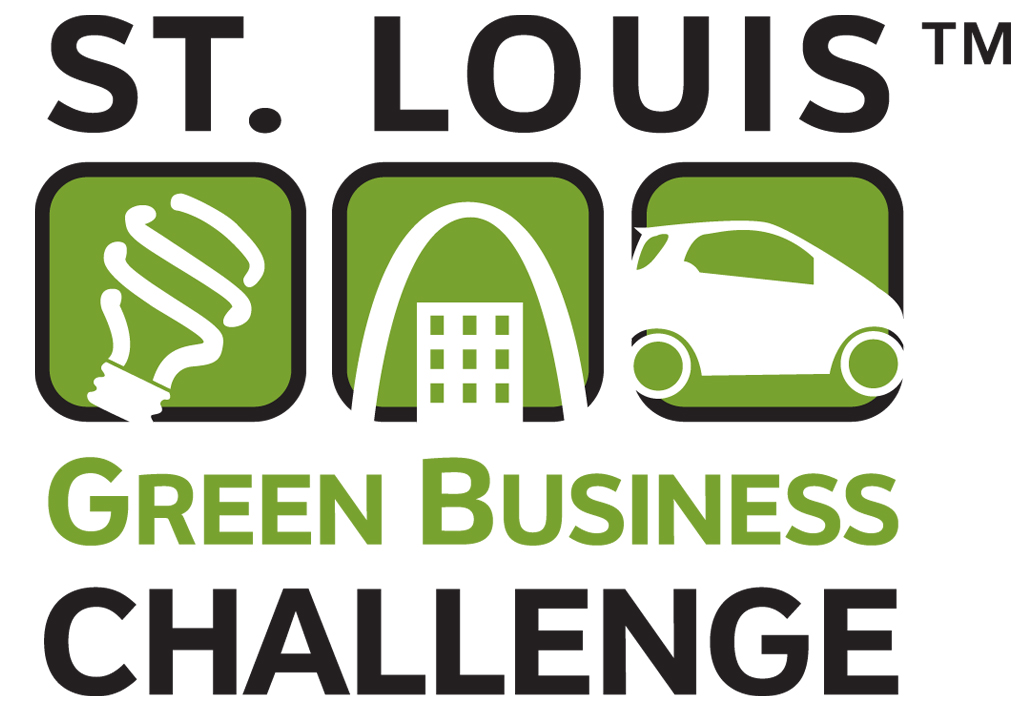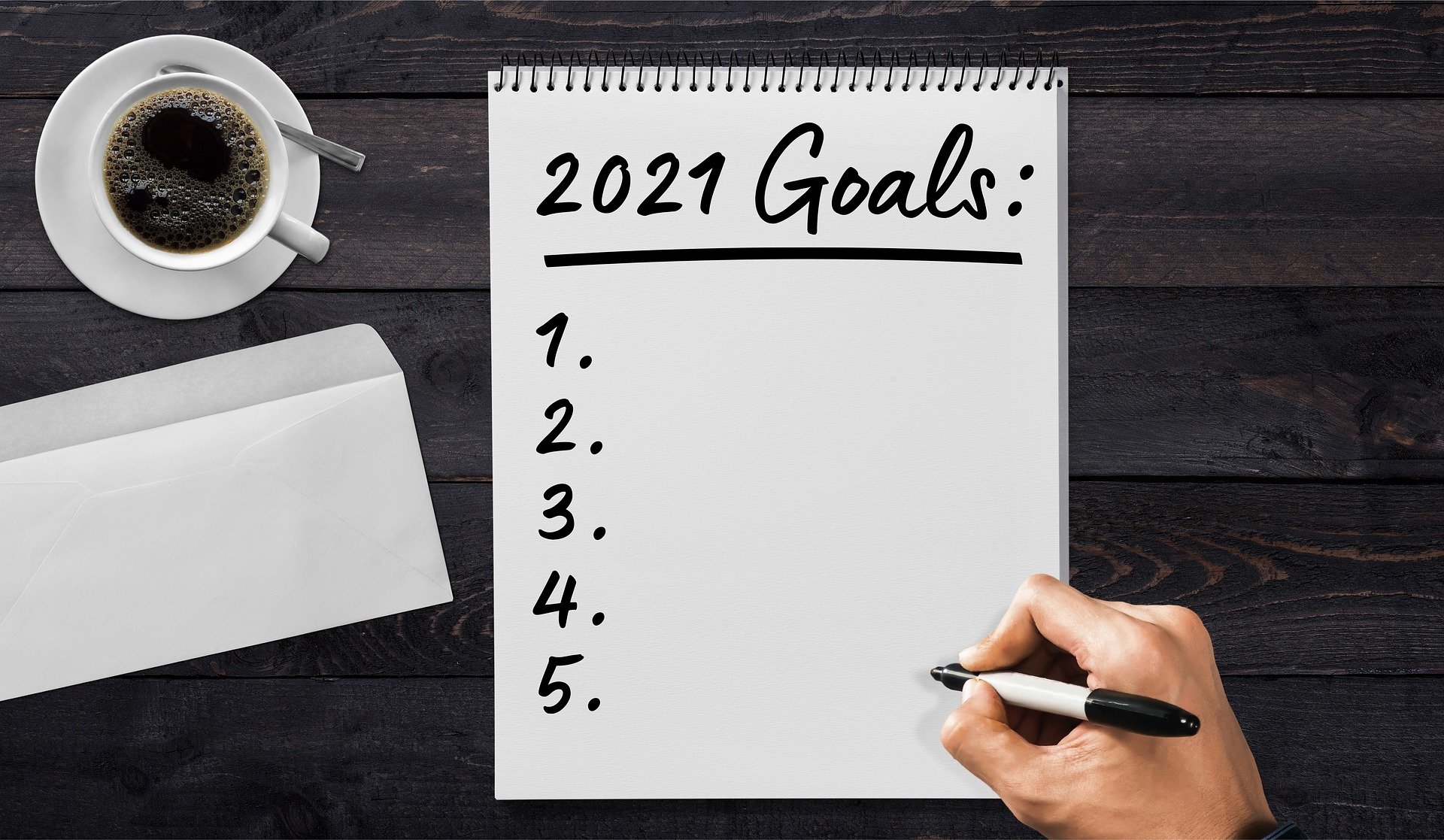Despite the many unprecedented challenges presented in 2020 due to the novel coronavirus, the St. Louis Green Business Challenge remained a leader of sustainability in the St. Louis region by continuing to deliver Triple Bottom Line results (fiscal, social and environmental) to businesses of all types and sizes across the bi-state area. Like the Clean Air Partnership, the Challenge is focused on encouraging and inspiring voluntary steps to help improve the environment and air quality in the region, and we’re pleased to highlight its tremendous impact by recognizing some of the impressive green innovations underway by several local organizations during this extraordinary year.
The Challenge is a program of the Missouri Botanical Garden and supports integration of sustainability measures into the kinds of everyday operational practices common to every business. As part of the program, participants identify and adopt strategies that improve financial performance and engage employees in voluntary measures to reduce environmental impacts. Since the program launched in 2010, 245 businesses, non-profits and municipalities have joined the Challenge. This participation has engaged over 155,000 employees and nearly 470,000 residents with ongoing sustainability commitment strong as ever, as 60% of these companies have participated in the challenge for two or more years and 45% for three years or more.
In 2020, 50 companies, non-profits, institutions and governmental bodies participated in the St. Louis Green Business Challenge. An astounding one hundred percent of these participants formed a Green Team to lead sustainability efforts, established a Sustainability Policy or Sustainability Guidelines, kept up sustainability communications with colleagues or constituents, and either started or maintained workplace recycling, even during remote working.
Prior to COVID-19 shutdowns, the Challenge’s kickoff seminar for their 11th season featured a resource fair that engaged 81 attendees with the green products and services of 16 Challenge companies. In the weeks following, COVID-19 would prompt a Challenge program shift from monthly in-person seminars to 32 weekly Virtual Brown Bag sessions, which showcased the work of 38 companies, Green Cities and community partners. All archived online, these half-hour virtual seminars included descriptions and related links for efficient sharing by Green Teams to their colleagues and constituents.
Over the course of the year, Challenge companies benefited from customized coaching and ongoing phone and email support provided by expert staff of the EarthWays Center, the Missouri Botanical Garden’s sustainability division. These services supported Challenge participants in evaluating and implementing sustainability options in ways that optimized outcomes, cost effectiveness and engagement, in alignment with each company’s goals and culture.
While in years past the Challenge reviewed submitted scorecards and tallied points at the completion of each program year to determine the overall winners, COVID-19 workarounds limited scorecard use this past season. Nevertheless, Green Teams across the program rose to the challenge of continuing to grow sustainable practices and 2020 participants all received the same award honoring commitment, persistence and resourceful action, in both routine operations and innovative projects. We’ll be profiling several of these standouts in the coming year so you can learn more.
Challenge 2021 registration opens on February 15. For more information on how to get your company or municipality involved in the St. Louis Green Business Challenge/Green Cities Challenge, contact program manager Jean Ponzi at [email protected] or subscribe to the Challenge’s weekly E-newsletter here. To learn more about the link between sustainability and air quality, be sure to check out our website, like us on Facebook or follow us on Twitter at @gatewaycleanair.


